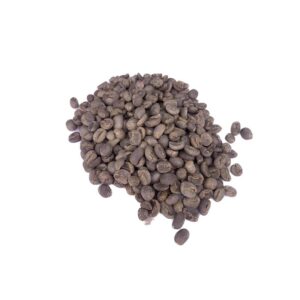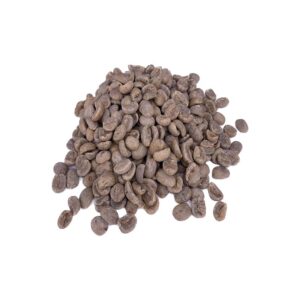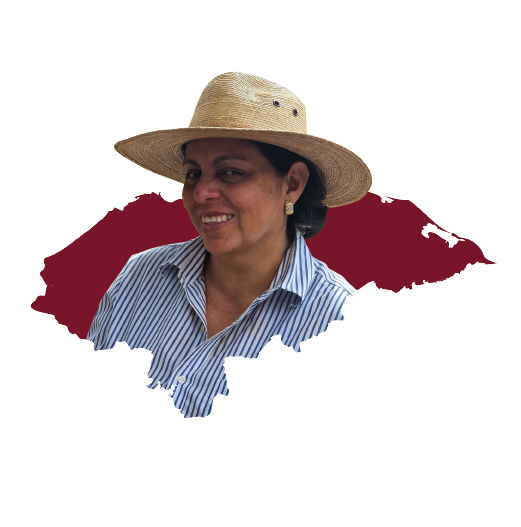
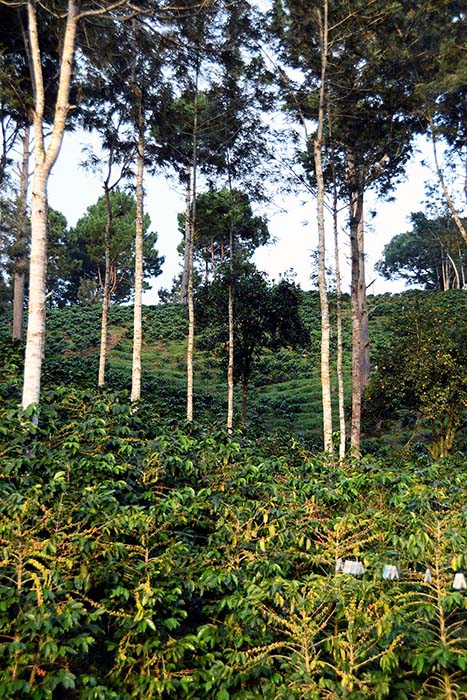
Honduras is a Central American country bordered by Nicaragua to the southeast, El Salvador to the south and Guatemala to the west. It has an area of 112,492 km² and an estimated population of 9.74 million inhabitants. The topography of this country is complex and unfavorable for crops in general, 80% of the national territory is classified as mountainsIn addition, the country is characterized by steep gorges, valleys alternating with rivers and mountains. In spite of these obstacles, the difficult terrain andañosconditions contribute beneficially to coffee cultivation.
Honduras has six ecosystems: humid, cloud, dry, mangroves, pine forests and rainy, it is a country with great biological diversity. It has more than eight thousand species of plants, seven hundred species of birds and a great variety of insects and mammals, which creates optimal conditions for the cultivation of coffee and its development in a biodiverse environment. The soils where coffee is grown in Honduras are mainlyañossoils, are not rich in minerals, since they are not volcanic soils, but their altitudes allow the coffee to develop in perfect conditions. their altitudes allow the coffee to develop in perfect conditions. .
Honduras is a tropical country, its climate is warm and rainy throughout the year with a tendency to monsoon. It is characterized by high temperatures throughout the year, although the climate varies according to the region. The average is around 16ºC (61ºF) to 20ºC (68ºF) in the mountains, this warm climate is what complements the good development of coffee trees at high altitudes.
The country is divided into 15 coffee growing regions, in which more than 300,000 hectares are used for the cultivation of green coffee, generating some 103,000 jobs, Coffee in Honduras is the central axis of a dynamic sector with great potential for growth in terms of productivity. The great challenge that the Honduran coffee economy has to face in order to continue to be strong is to transfer its benefits to the social context of the coffee producer, thus stimulating rejuvenation and advancing towards equity 5-5.
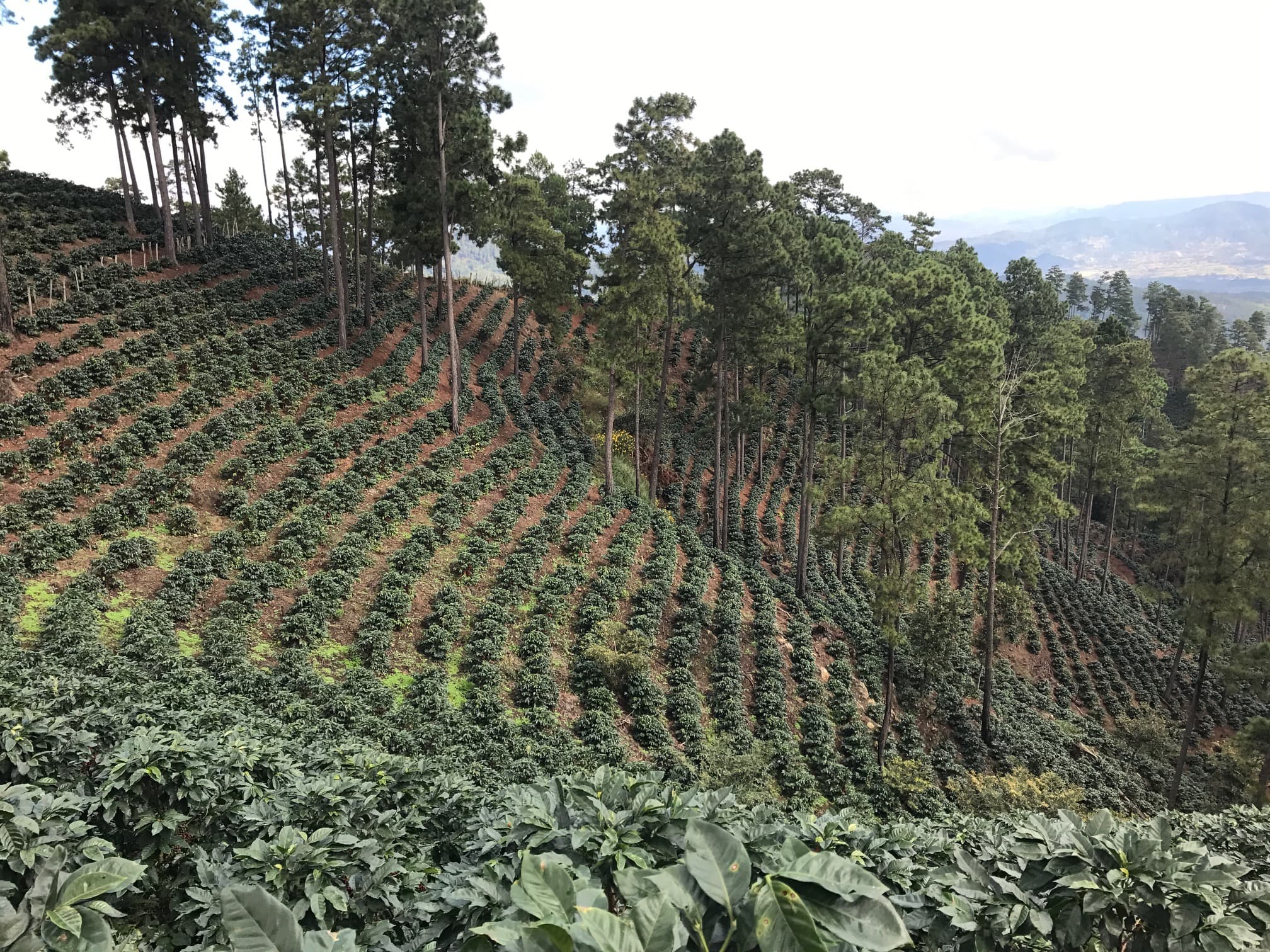
The Coffee region of Copán is located in the western part of the country, its estimated population is 226,000 inhabitants and its surface area is 3,242 km², this region has 23 Coffee districts, among them San Pedro, El Paraíso, Trinidad, these districts are home to more than 7,778 families that cultivate more than 37,600 hectares of Coffee of the Arabica variety of the Varietals: Lempira, Ihcafe 90, Parainema and Catuaí, Copán. is the second largest coffee-growing region in the country.
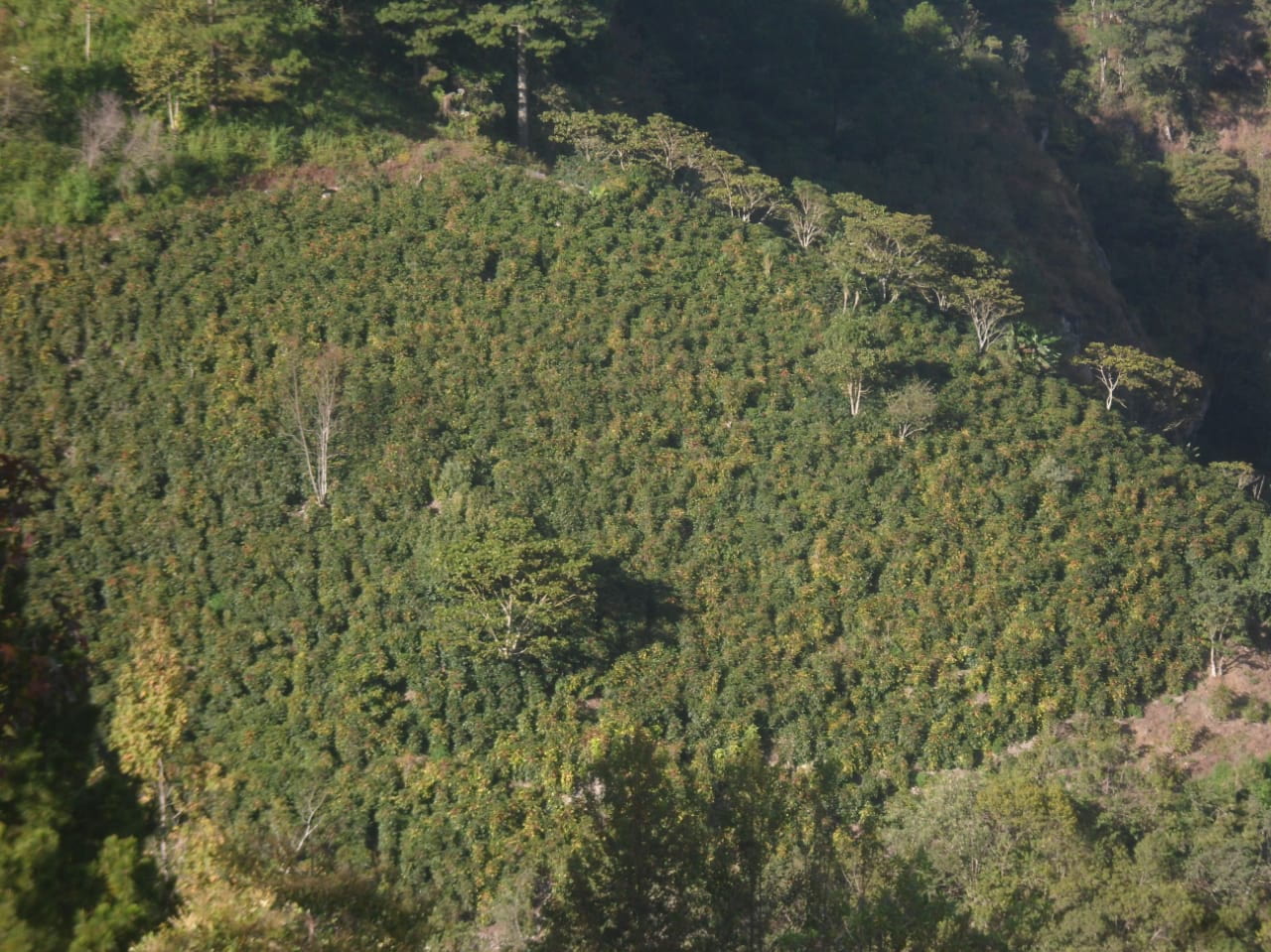
The Coffee region of Intibucá is located in the central-western sector of Honduras, its estimated population is 232,509 and its surface area is 3,123 km², this region has 13 coffee growing districts, which are home to more than 5,927 families that cultivate more than 15,514.47 hectares of Coffee of the Arabica variety of the Borbón, Catuaí, Lempira and Typica varietals. Intibucá is the 8th largest coffee growing region in the country.
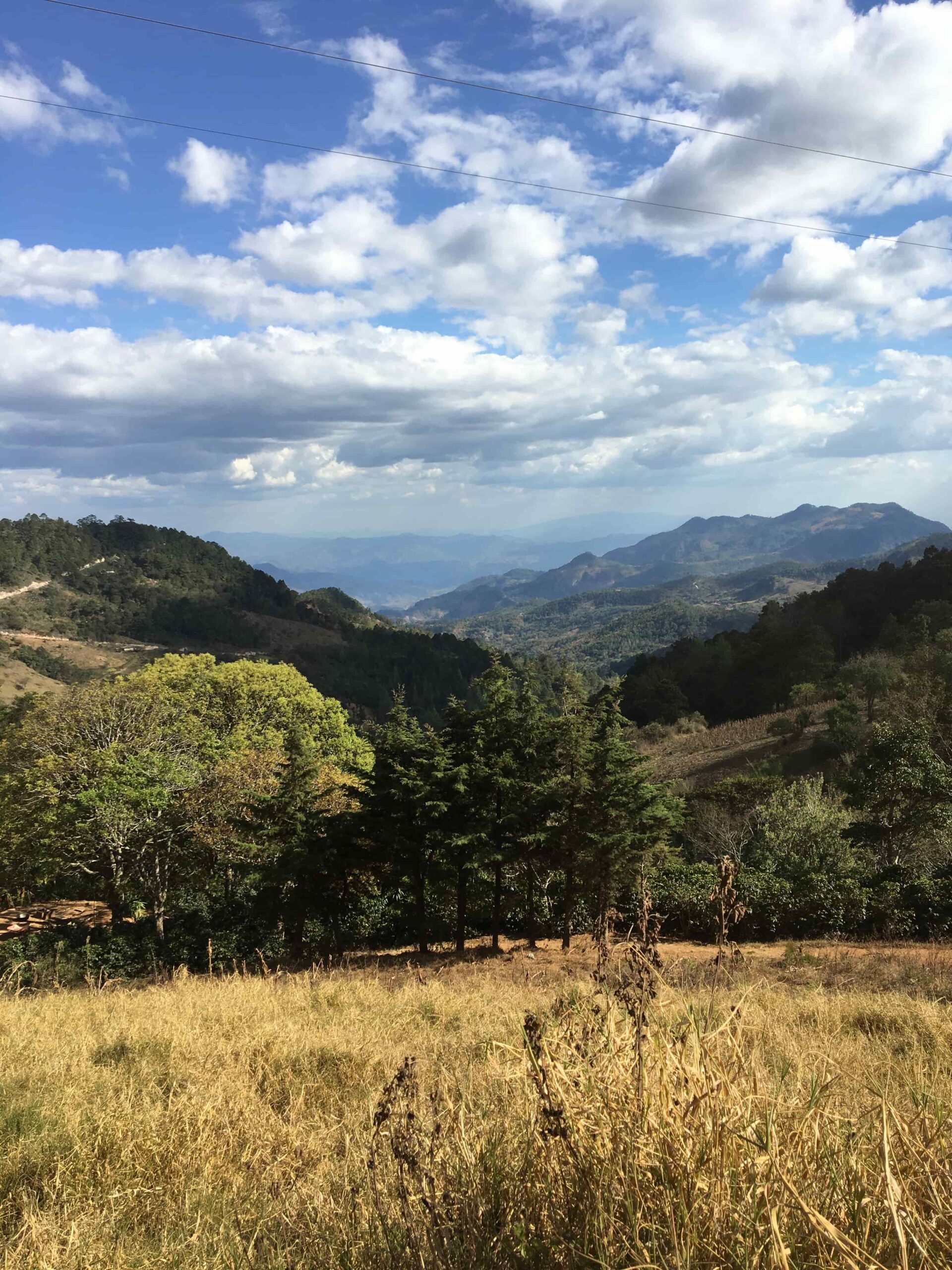
The coffee region of Lempira is located west of Hondurass, its estimated population is 351,000 and its surface area is 4,228 km², this region has 23 coffee growing districts, which are home to more than 12,899 families that cultivate more than 33,680 hectares of Arabica coffee of the Bourbón, Catuaí, Lempira and Typica, Lempira varietals. is the 3rd largest coffee growing region in the country.
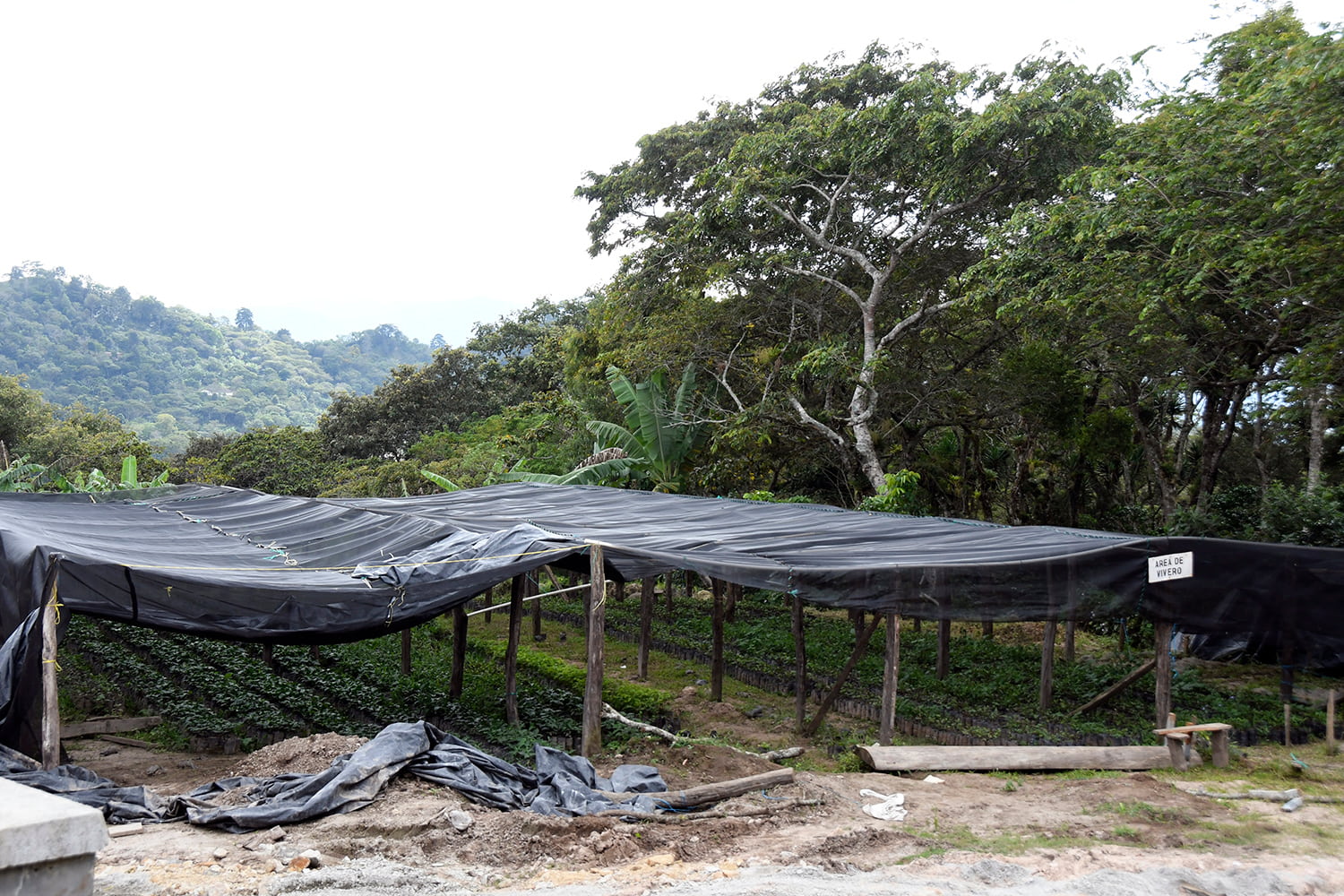
The coffee-growing region of Ocotepeque is located in western HondurasWith an estimated population of 101,761 and a surface area of 1,680 km², this region has 16 coffee growing districts, which are home to more than 7,099 families that cultivate more than 23,820 hectares of Arabica coffee of the Bourbón, Catuaí, Pacas, Lempira and Ihcafe 90 varietals, Ocotepeque is the 5th largest coffee growing region in the country.
